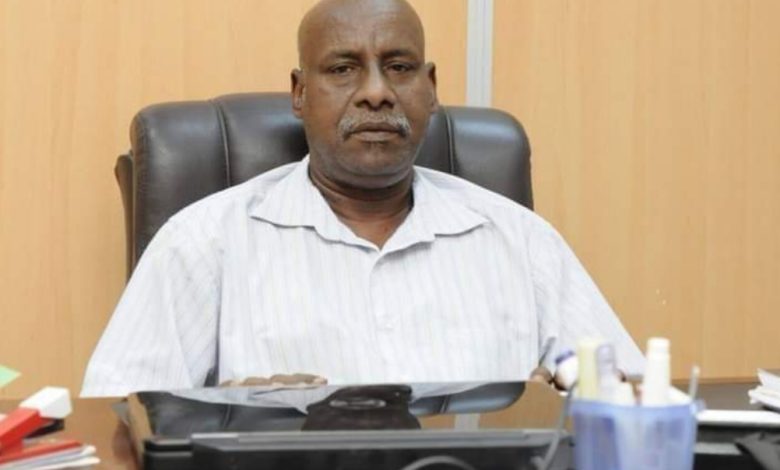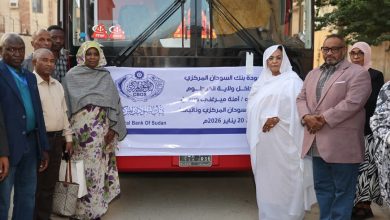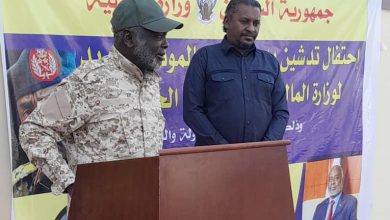Economic expert proposes a new road map

Sudan Events – Nahed Oshi
Professor of Economics and Finance at the University of Khartoum, Ibrahim Anur, proposed a road map for an alternative political system in Sudan. He said that the political instability that has plagued the Sudanese state since independence is the first reason for the deterioration of the security and economic conditions and has become the greatest threat to the survival of the Sudanese state because Sudan, and during its entire time after the independence, has not stabilized a system of government agreed upon among its political components, and therefore it has become a vicious circle between dictatorial military regimes on the one hand, and fragile, weak civilian regimes that are not qualified to continue for long periods. Therefore, the political reality has become a vicious circle in a continuous political conflict, neither a stable dictatorship nor established civil regimes protected from the people.
Hence, Sudan has been reeling between military rule that is unacceptable to the political parties and components and weak civilian governance systems that operate only under the guard and participation of the military, indicating the existence of a popular desire for a democratic transformation without the requirements for stable democratic rule being met, and at the same time there is a necessity imposed by the realistic circumstances of the current protection and military participation in government.
Reviewing the features of the proposed political system, which includes the establishment of a new military council devoid of the leaders of the military component in the Sovereign Council after the revolution, and a Sovereign Council that includes a civilian component and a military component of the new military council under the presidency of a member of the military component, which powers and jurisdictions are determined in a constitutional document drawn up by independent national experts, with the necessity of electing state governors through free and fair elections, as well as state councils elected from the grassroots.
However, this requires that state governments operate under a true federal system that allows a large amount of freedom for state governments in managing their affairs. The state authorities operate under the authority of the Sovereign Council, which its membership consists of military and civilian personnel, taking into account the representation of all Sudanese regions in it and the membership of state governors, noting the necessity of forming a federal legislative council that includes two representatives from each state nominated by the elected governor of the state, and the membership of federal ministers chosen by the Sovereign Council, along with a representative, one for each civil administration, in addition to 10 seats for experts in various fields who are nominated by a federal advisory council formed by the Sovereign Council.
Nevertheless, in this system, there is no prime minister, and the Sovereign Council represents the role of the Council of Ministers under the chairmanship of the President of the Military Sovereign Council, whose powers and term of office are determined in the constitution or constitutional document.
He said that the success of this vision requires the a constitution or an agreed-upon constitutional document that guarantees freedom of the media in accordance with provisions in the constitutional document, provided that the factional interests of workers in the state are represented through professional councils which members are nominated by federal ministers in the relevant ministries in order to avoid the negatives of previous experiences, which have proven that unions factionalism is one of the reasons for political instability in the country.



